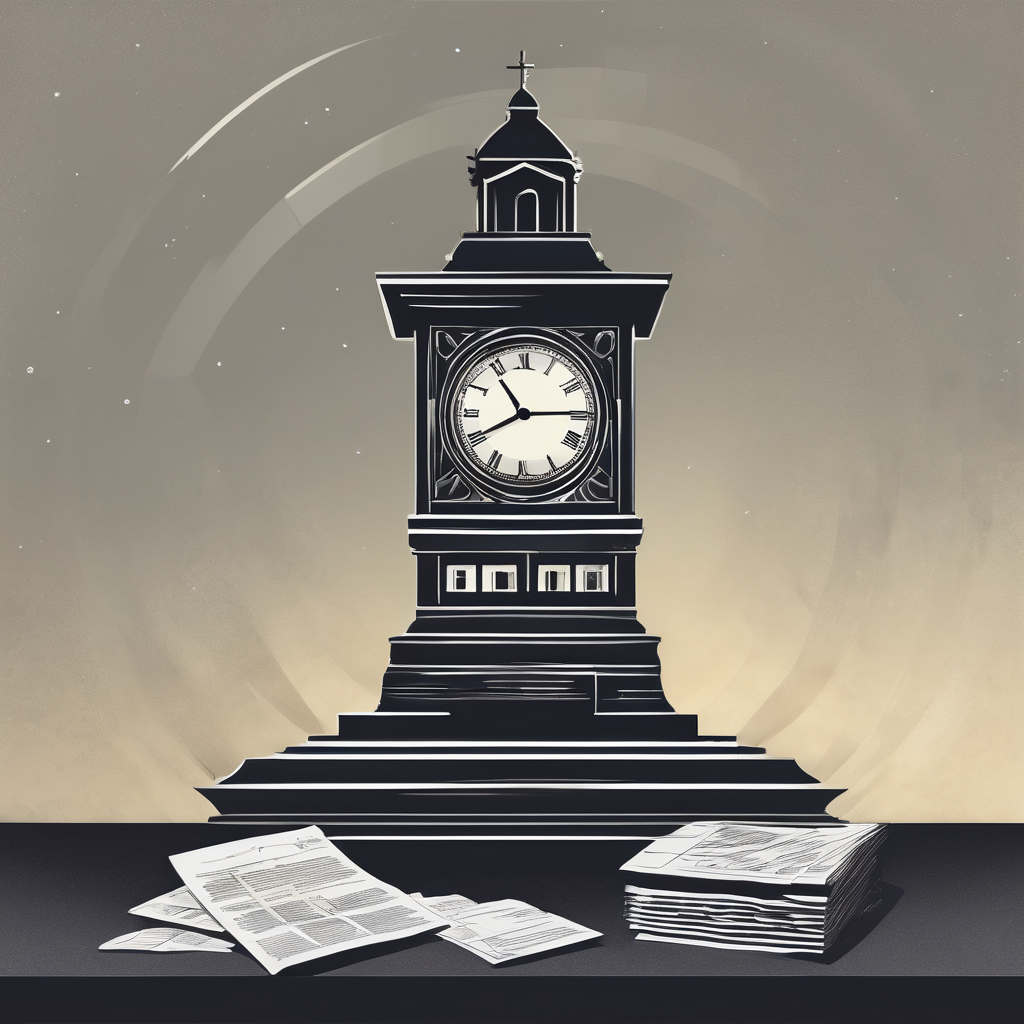As the September 30 deadline for federal funding approaches, the possibility of a government shutdown looms large. U.S. Senate Minority Leader Chuck Schumer is fervently calling for negotiations to create a bipartisan stopgap spending bill. The recent rejection of proposals from both major parties by the Senate has increased the chances of a shutdown.
On CNN’s “State of the Union,” Schumer urged President Donald Trump to engage with Democrats on reaching a deal to avoid the shutdown. Both parties have been quick to position blame for the potential funding lapse. Schumer claims that Republicans bear more responsibility, as Democrats have prioritized maintaining certain health care provisions, such as the extension of Affordable Care Act’s enhanced tax credits that expire soon.
The prospect of reaching an agreement appears bleak, as Republicans show little willingness to meet Democratic demands, heightening the impasse. Schumer, who previously collaborated with Republicans to prevent a shutdown in March, finds himself under pressure from his own party to uphold their negotiating positions this time.
Despite expressing hopes to avoid such a scenario, Schumer sidestepped questions regarding his willingness to oppose a GOP funding bill that doesn’t address Democratic concerns. He and House Minority Leader Hakeem Jeffries have reached out to Trump, pressing for discussions on keeping the government operational.
Donald Trump indicated a willingness to meet but expressed skepticism about its potential impact. Senate Majority Leader John Thune has been optimistic about bipartisan cooperation, suggesting that a few Democratic votes could ensure government funding while advancing the appropriations process. With the Senate having a razor-thin majority, bipartisan collaboration is crucial to pass any legislation, requiring at least 60 votes.
The narrow window for action is further constrained as Congress is scheduled for a recess, placing immediate urgency on lawmakers to negotiate a deal swiftly. This high-stakes situation underscores the significance of finding common legislative ground in upholding the government’s obligations and maintaining its operations.
